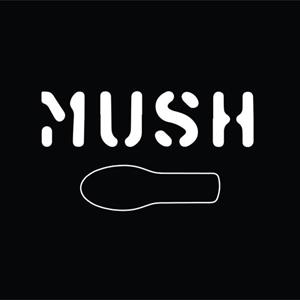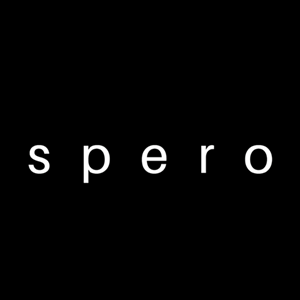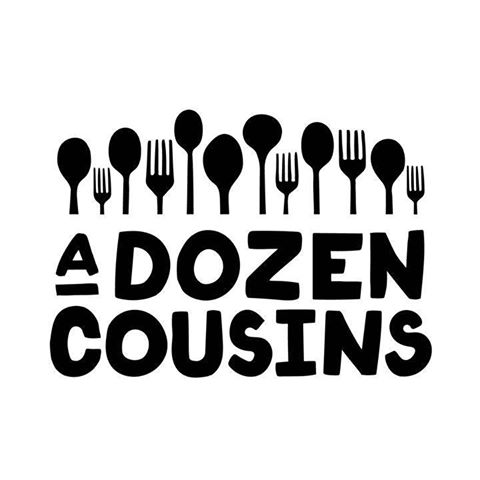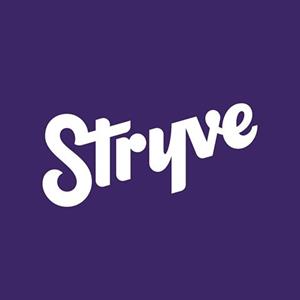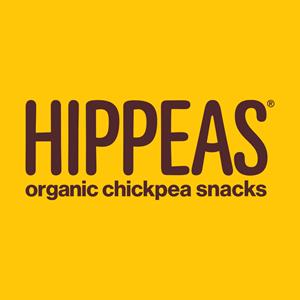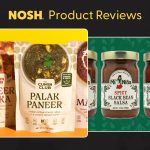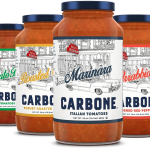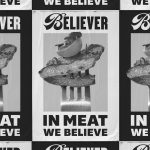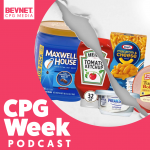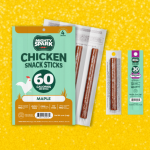Beyond RX, Rahal Talks Investing & Next Steps
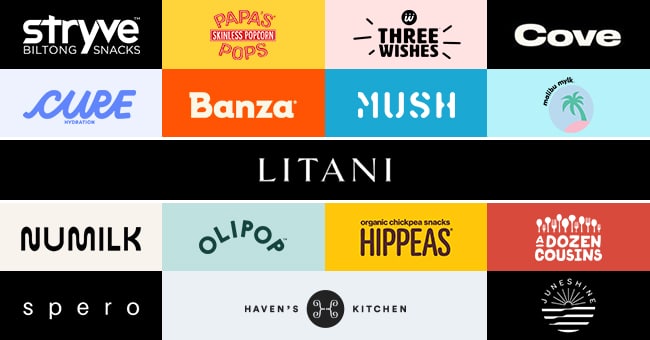
Litani was technically started in 2017, right after RXBAR sold to CPG giant Kellogg, but it’s only recently that Rahal stepped up his pace of investment. To date, the fund has invested in 20 companies across 22 rounds, with 19 of those deals closing in 2019 (mostly in the latter half of the year). Litani, which takes part largely in seed rounds, invests across CPG categories with a portfolio of food and beverage companies including Olipop, Juneshine, Mush, Spero Foods, Haven’s Kitchen, A Dozen Cousins, NuMilk, Cove, Stryve, Hippeas, Three Wishes, Papa’s Pops, Cure Hydration and Malibu Mylk.
The firm’s most recent deal, an investment in protein pasta and rice-alternative brand Banza, closed a few weeks ago.
Typical check sizes for the firm range from $50,000 to $250,000 for seed rounds and can reach over $1 million for growth stage rounds — though those amounts can flex for the right investment, Rahal said. Joining Rahal at the firm is his RX co-founder Jared Smith. Rahal told NOSH that the duo’s experiences as operators gives the firm an edge over other capital options. And its through this lens that he seeks out unique brands with founders who can learn and benefit from his experiences.
“I look for valued-novelty,” Rahal said. “Is this differentiated, new and of value. Obviously that’s totally contingent on the marketplace and competition.Then I look for the ‘humble lion’ in founders. Are they intellectually humble, coachable, curious and want to learn? But at the same time, are they aggressive, driven and competitive?”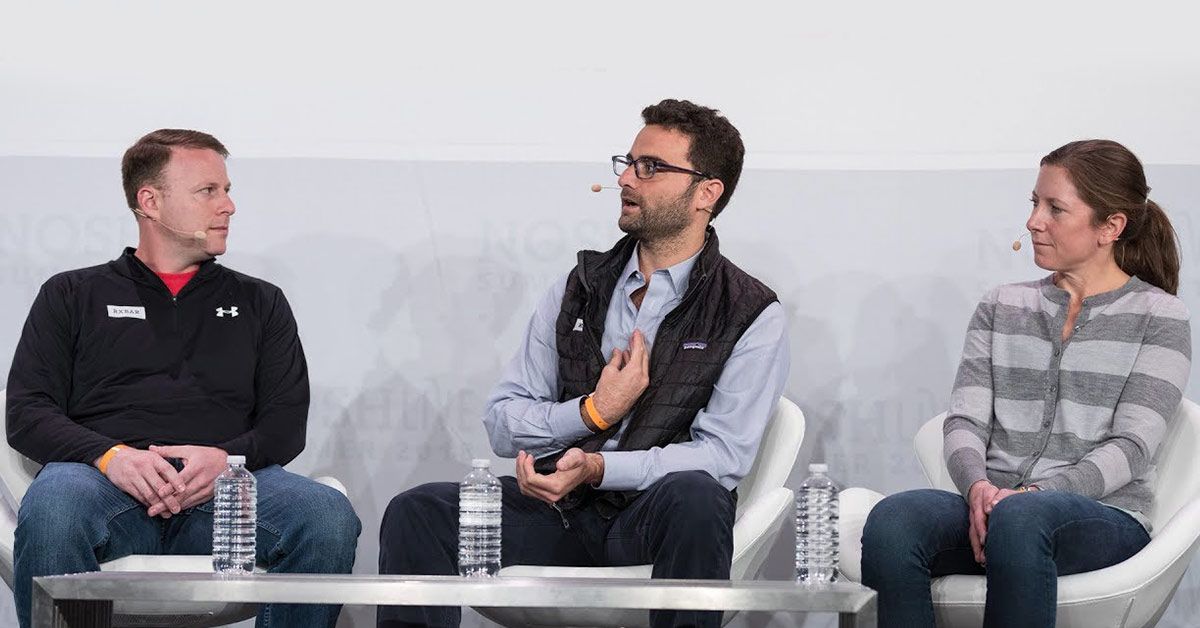
“You have to mitigate your risk so that if the language of the trend changes, you aren’t stuck in that language,” Rahal shared. “As the weather changes, can your brand react?”
Rahal’s familiar with that struggle. RX originally focused on the crossfit crowd but over time adjusted its messaging to speak more about protein and clean ingredient lists, even managing to move past the fact that RX is a crossfit term regarding performance during workouts.
One area Rahal plans to avoid investing in for now is in CBD and cannabis, citing the high valuations brands are receiving and his desire to see the market stabilize. He also noted the struggles these brands still face with business needs, such as setting bank accounts or finding retailers.
Despite investing in food, beverage and personal care and telling NOSH that now is the “golden era of food entrepreneurship,” Rahal said his own career ambitions are not in the CPG industry. While he plans to launch another brand eventually, Rahal is looking to new categories with less competition and more defensible concepts, such as technology. He cited the vast amount of imitators that spring up around successful food brands as one main reason he wants to stay away for his next venture. Despite the trials that go along with starting a company, Rahal said, he isn’t content to simply invest.
“What makes me happy is career accomplishment,” Rahal said. “Investing is kinda like being a tourist. You go to Barcelona, you walk the city and learn and then you leave. I’m not a tourist.”


